Three lovely dogwoods, now in full bloom with dainty white flowers, greet you as you enter Leu Gardens. I missed the dogwoods last year, there was so much else to see, so I am determined to make some studies this year. It’s just so pretty and another white” flower” for my series. I did not realise that the white petals are not petals at all but bracts, the flowers are in fact tiny and yellow bunched together in the centre (similar to daisies).
There are some interesting possibilities about the origin of the name “Dogwood”. This is an excerpt from “Learn to Grow” Garden Guides here written by Dr. Gerald Klingaman
“The etymology of the word “dogwood,” used for our native C. florida, is not completely clear. One possibility is that it comes from the Middle English word “dag,” referring to a wooden spit made from a shrubby dogwood native to England. These spits were sold on the streets for cooking meat over an open flame.The word “dag” is itself an adaptation of “daggere,” or “dagger,” as we now know it. The Cornelian cherry was recognized for its hard, tough wood and was used for making pikes and maybe wooden daggers. Following this line of reasoning, dogwood is a corruption of the word “dag wood.”
The other explanation for the name is that leaves of the English Cornus were used to make a concoction to treat dog mange. A recipe is found in a 17th century herbal, so it’s possible that early English colonists saw the similarity between the plants and adapted the name.”
It seems that the Dog Rose’s name is also a misinterpretation from “Dag Rose” referring to the ferocious dagger like thorns.
Dogwood wood is very shockproof as well as very hard and at one time was useful for many small items such as chisel handles, golf club heads, rake teeth and machine bearings. When weaving was mechanised it was perfect for shuttles, which now had to withstand the high speed and constant wear of the big industrial looms.
From Philadelphia’s Workshop on the World site here H.Riehl & Son Textile Machinery, loom and shuttles.
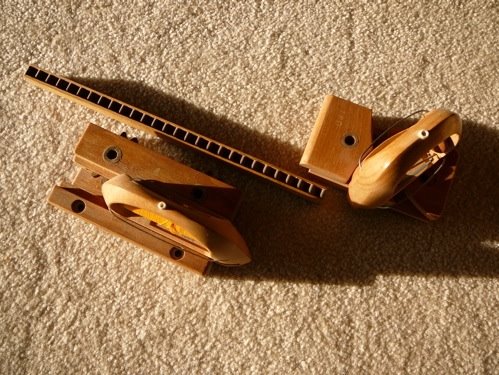
Shuttles made of Dogwood and maple then impregnated with wax or clear shellac, these sold for $25-30 and were replaced “after having run round the clock for four years.”
I am going to the Gardens tomorrow and will find a flower to make a study of, and perhaps make a detailed drawing of the centre but for now a colour sketch from a pen and ink sketch I made the other day… so more dogwood tomorrow.
__________________________________________________________

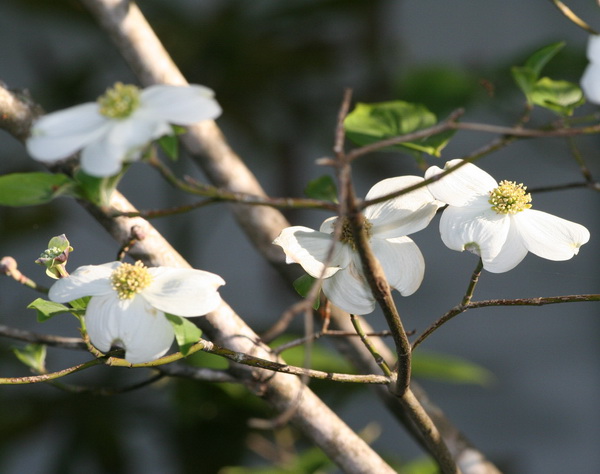
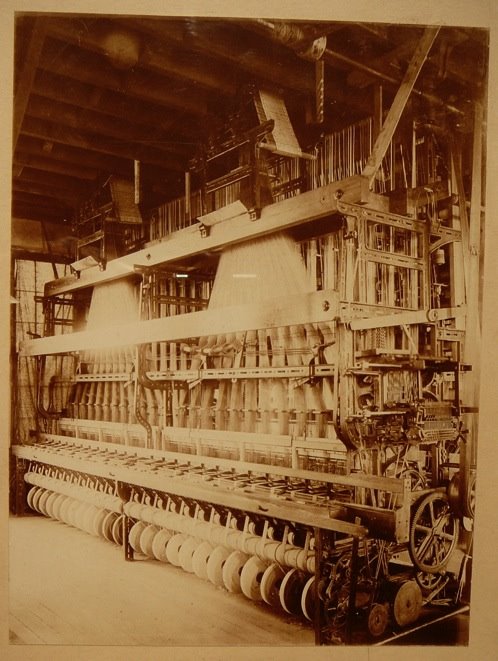

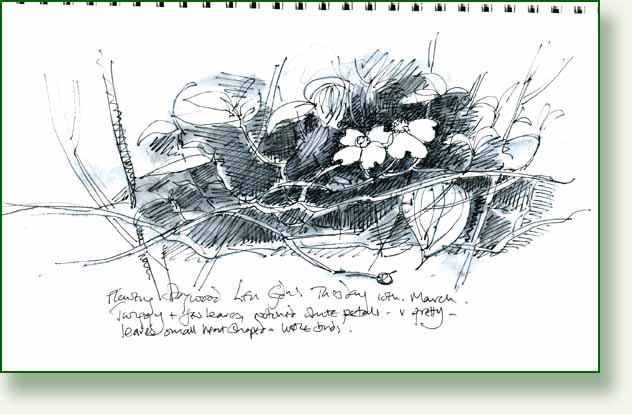
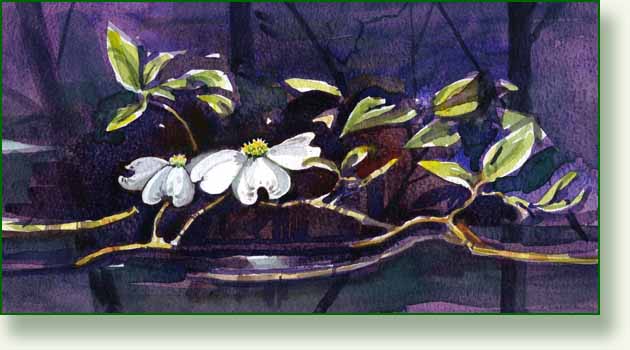
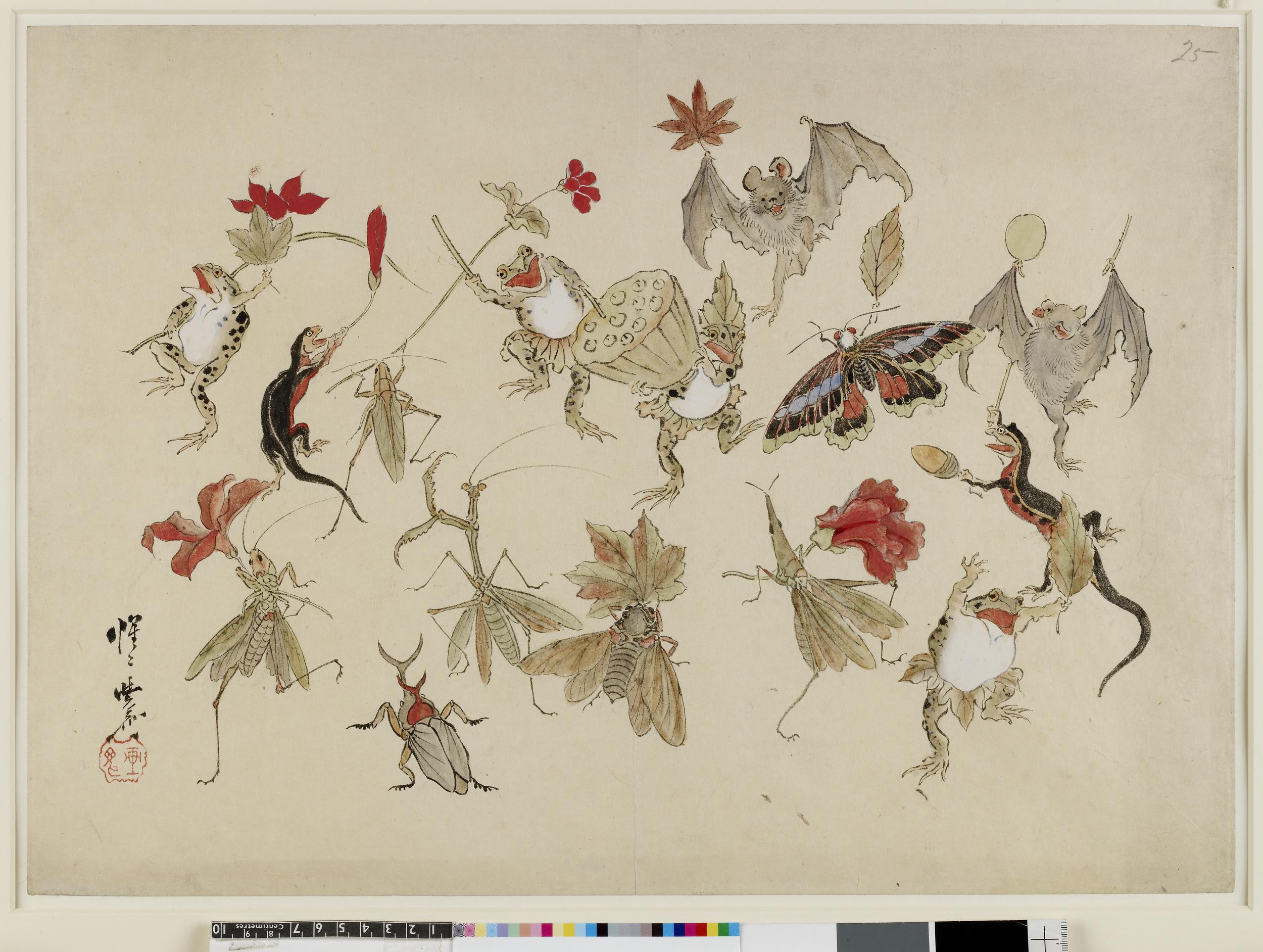
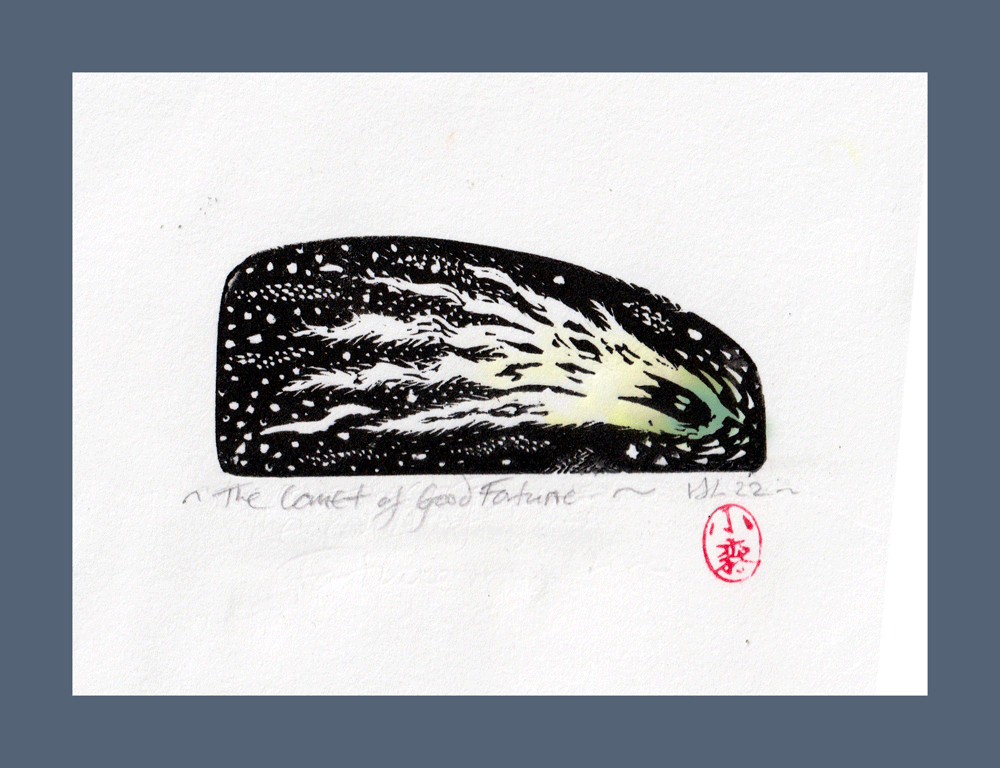
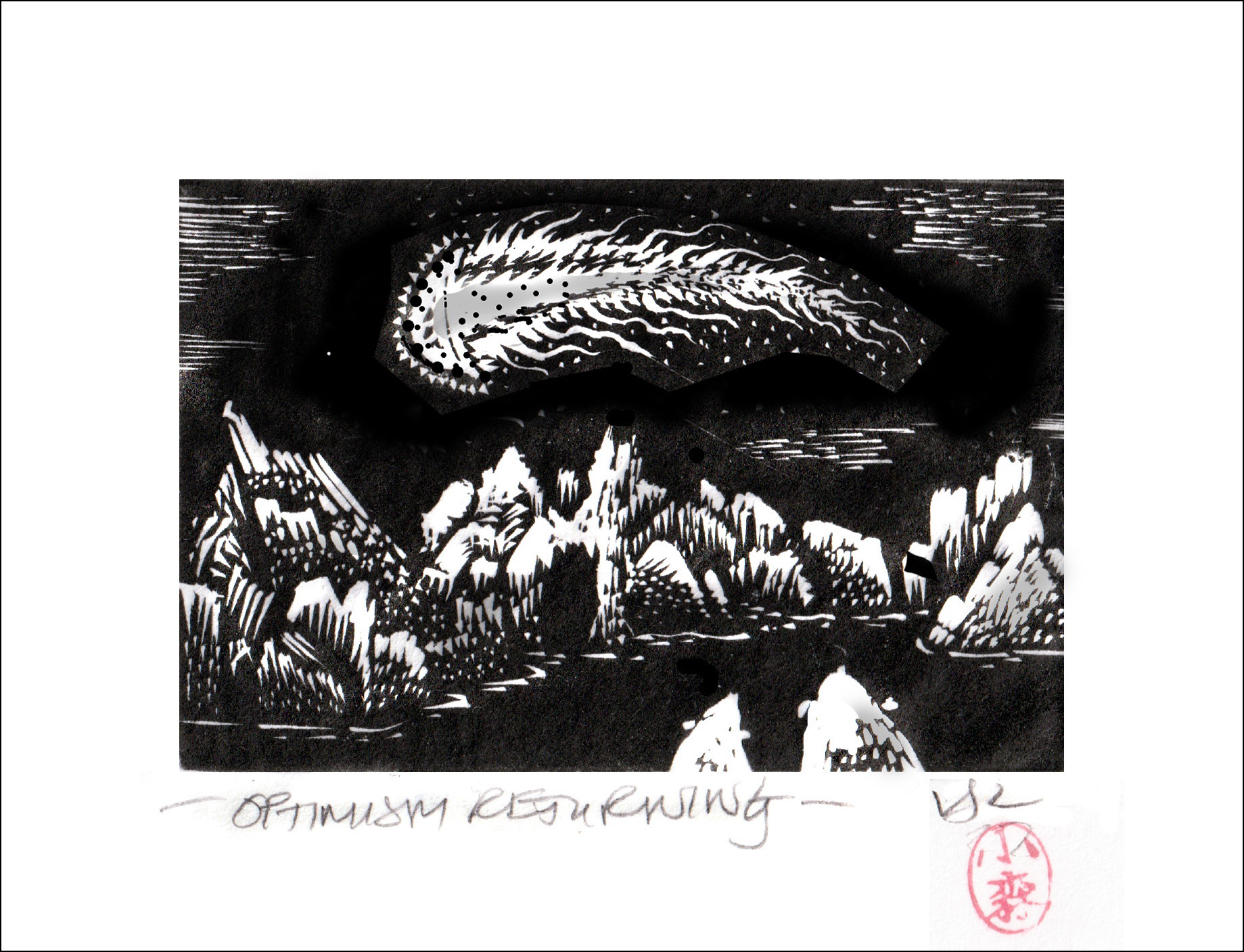
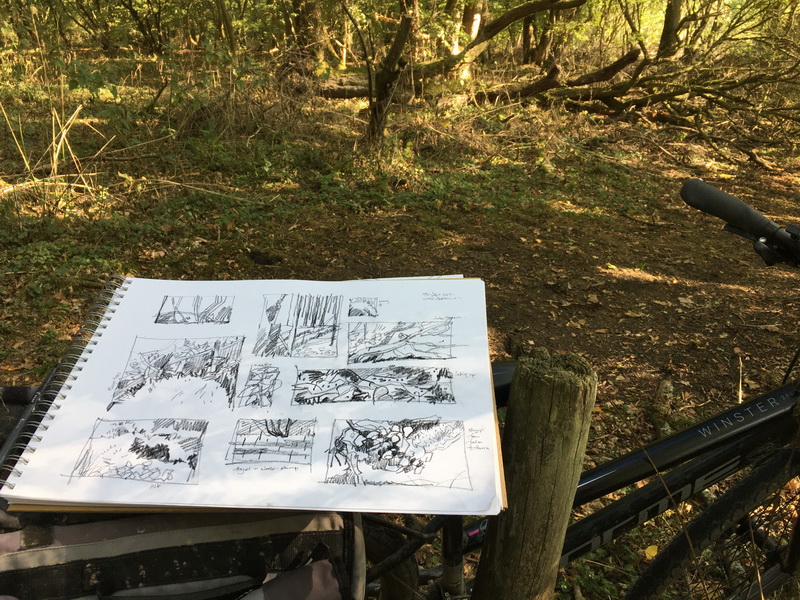
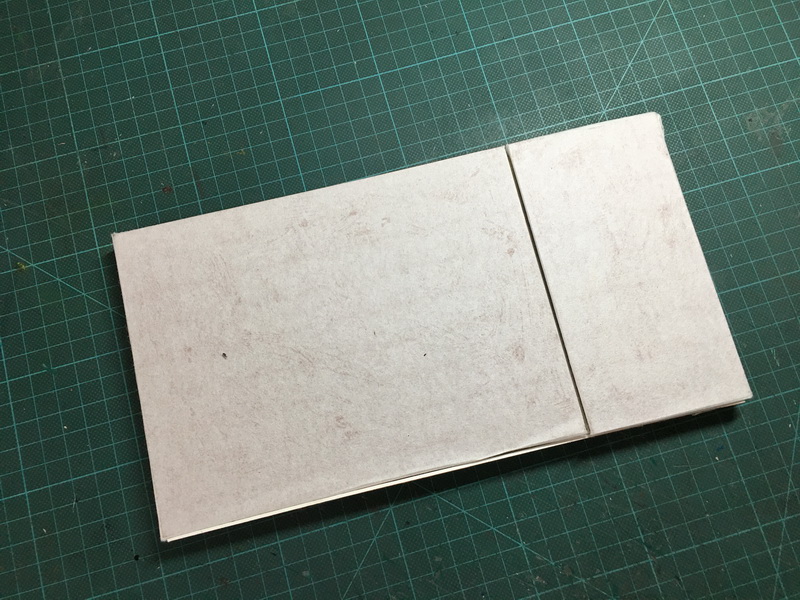
Very interesting post, thanks!
Thanks Tatyana! I was fascinated to find out more about this pretty little tree. I am planning a bigger version of this study too.